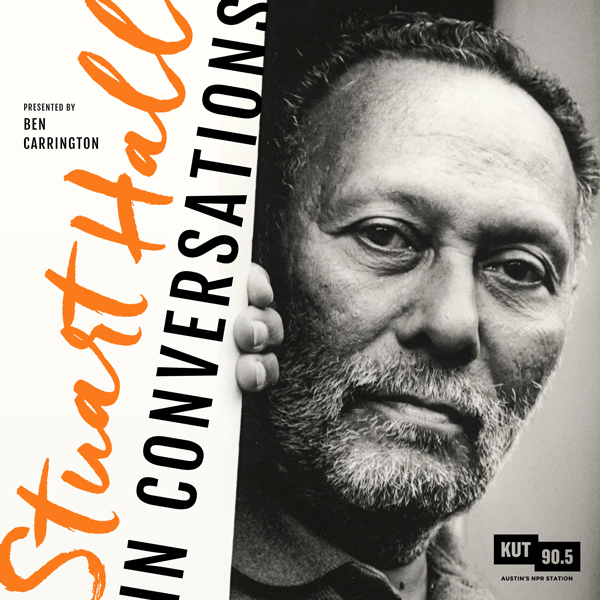In this interview, Ben Carrington, Professor of Sociology at the University of Texas at Austin, interviews Roderick Ferguson, Professor of African American and Gender and Women’s Studies at the University of Illinois at Chicago, about his relationship to the work of Stuart Hall.
In the words of Ferguson, he was introduced to Stuart and Catherine Hall when he was 22 under the advisement of George Lipsitz at UC San Diego. During this meeting, Ferguson was struck by Hall’s openness to what cultural studies could be; that Hall was not a patriarch “trying to lay down the law and determine the discipline” but was instead able to separate his ego from doing his scholarly work.
Ferguson’s commitment to treat culture as something important to study – in relation to both race and capital – was something that Hall’s work inspired him to do despite the lack of reception that this kind of work had within the field of American sociology.
That the discipline is painfully far removed from the influence of Stuart Hall was evidenced for Ferguson by his failure to be accepted to the annual American Sociological Association meeting with a panel that was intended to honor Stuart Hall.
This rejection speaks not just about the relationship between American sociology and the work of Hall, but also about the discipline’s marginalization of scholars of color more generally. The loss for sociology in not incorporating the influence of Hall is that the discipline is practiced as “one-dimensional sociology” where neither culture nor race are given the attention they deserve.
While Hall understood all analytical categories to be complex and historically contingent, Ferguson argues that American sociology focuses on an illusion of one-dimensional objectivity at the expense of having real political stakes.
Ferguson pays gratitude to Hall by claiming that his book, The Reorder of Things: The University and Its Pedagogies of Minority Difference (2012) would not have been possible without Hall’s influence.





